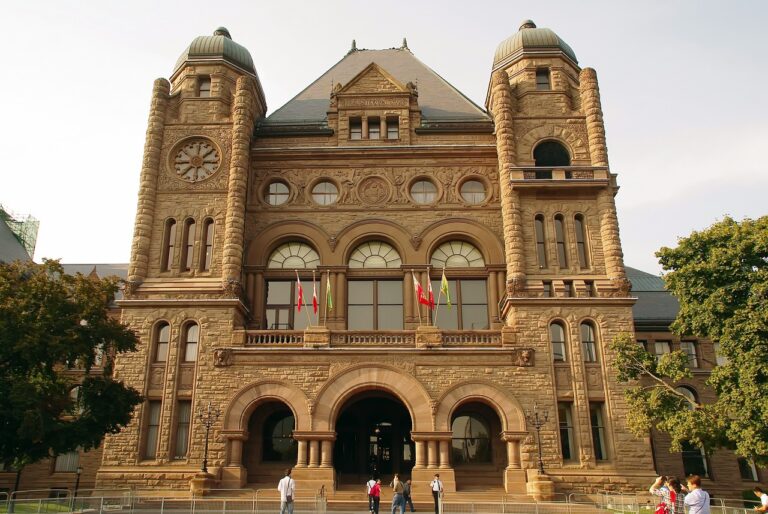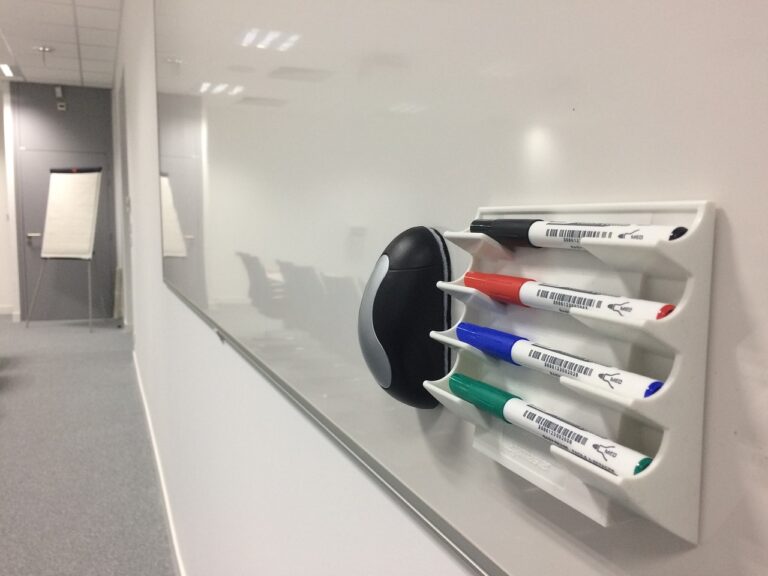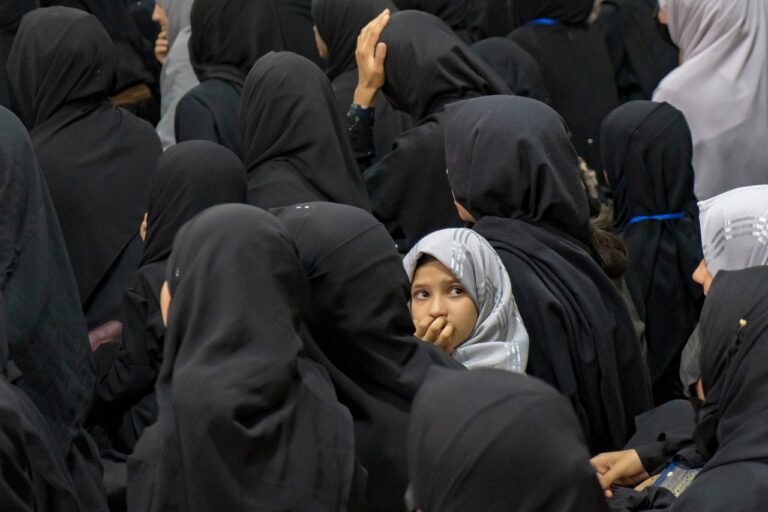Promoting Global Competence: Preparing Students for a Connected World
Global competence is essential in education to prepare students for the interconnected world they live in. By developing global competence, students gain the skills and knowledge needed to thrive in diverse environments, communicate effectively with people from different cultural backgrounds, and understand complex global issues. This competence not only enhances their academic success but also equips them with the tools to be active global citizens.
In today’s globalized society, having global competence is crucial for students to navigate the complexities of our interconnected world. It enables them to appreciate and respect cultural differences, promote cross-cultural understanding, and collaborate with individuals from diverse backgrounds. Additionally, global competence fosters critical thinking and problem-solving skills, enabling students to analyze global challenges and propose innovative solutions.
Understanding the Impact of Globalization on Student Learning
Globalization has become an undeniable force shaping our world today. As our societies and economies become increasingly interconnected, it is crucial for students to develop a deep understanding of global issues and perspectives. The impact of globalization on student learning is profound, influencing not only what students learn but also how they learn and interact with the world around them.
In this rapidly changing global landscape, students need to develop skills and competencies that will prepare them for success in the 21st century. By incorporating global perspectives into education, students gain valuable insights into diverse cultures, languages, and ways of thinking. This exposure not only enhances their academic knowledge but also fosters a greater sense of empathy and understanding for others, preparing them to be active global citizens in an ever-evolving world.
Strategies for Incorporating Global Perspectives in Curriculum
To effectively incorporate global perspectives into the curriculum, educators must first prioritize the exposure of students to diverse cultural experiences. This can be achieved through incorporating literature, history, and art from various regions around the world into lesson plans. By doing so, students can gain a deeper understanding and appreciation of different cultures, fostering a sense of empathy and respect for diversity.
Moreover, educators should encourage students to engage in discussions and activities that challenge their existing perspectives and encourage critical thinking about global issues. By promoting dialogue and debate surrounding global events and topics, students can develop a more well-rounded worldview and enhance their analytical skills. This approach not only helps students become more knowledgeable about the world around them but also equips them with the skills necessary to thrive in an increasingly interconnected global society.





